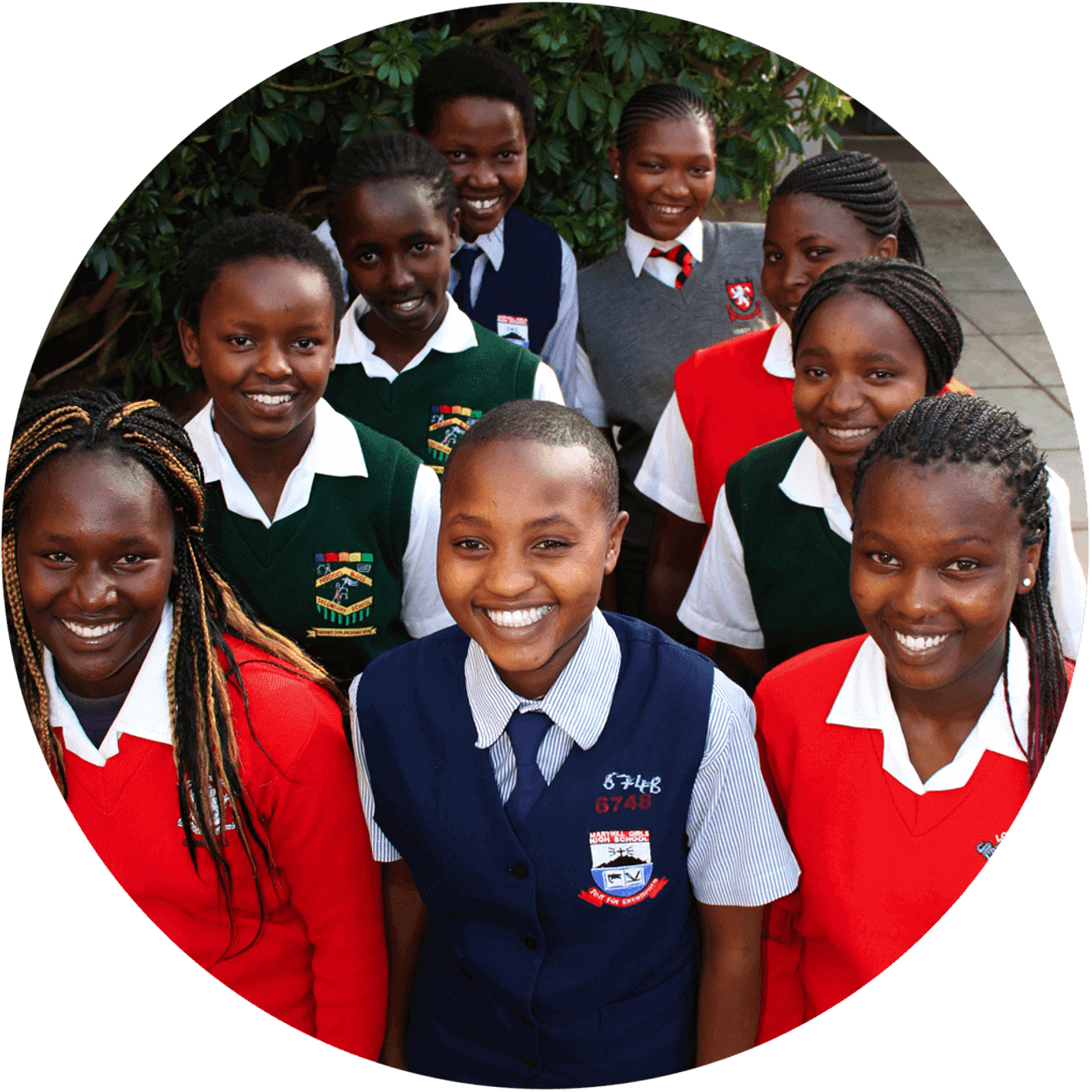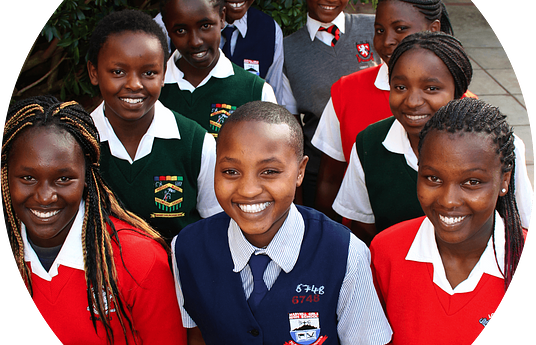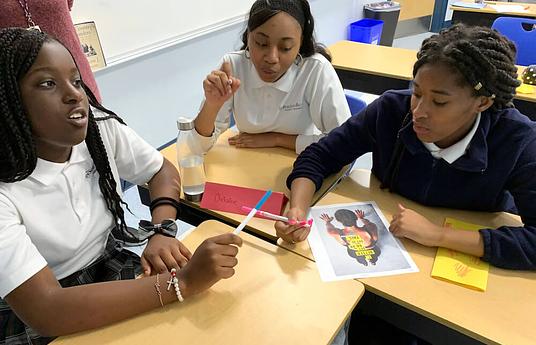Celebrate International Day of Women and Girls in Science with the inspiring young changemakers from Akili Dada, selected for the HundrED 2020. Read their stories and how they are planning a more sustainable future!
Thinking of green growth sends us back to agriculture and the contribution of women in development in Africa. From both fictional & factual historical records, one realization is made : Women have been the backbone of development in Africa.
Agriculture has been termed the backbone of most African countries’ economies. Responsible for most of the developments in the continent, this is where women tilled the land, planted crops, harvested and got the produce ready for the market. Sadly, these women were not recognized in Africa’s development. They were locked out of boardrooms and negotiation tables on how much they should have been paid for their produce. Their contribution was overlooked.
Development often leads to industrialization. As industries ventured into African countries we noticed changes in our climate. Trees were cut down and industries built for the sole purpose of increasing production and profits. Land for tilling was used for cash crop farming to increase profit margins.
This year’s theme ‘Investment in Women and Girls in Science for Inclusive Green Growth’, prompts us to ask ourselves and reflect on the importance of investing in women and girls in science for inclusive green growth.
Throughout history, science has been deemed a subject meant mostly for men. Women, who make up more than half of the world’s population; ventured into things that seemed easier or did not make a lot of money. This ultimately meant that half of the population was not doing what it takes to sustain the earth.
To go green, to be free of risk of climatic disasters, the voices of not one but all women need to be included in this fight. According to data from the UN Scientific Education and Cultural Organization (UNESCO), fewer than 30% of researchers worldwide are women and approximately 30% of all female students select STEM-related fields in higher education. Globally, female students’ enrollment is particularly low in ICT (3%), natural science, mathematics and statistics (5%), and engineering, manufacturing and construction (8%).
Last year for International Women’s Day, Akili Dada shed light on young women in Africa and Kenya who are unscripted and unstoppable in their fields and are subsequently championing Africa towards a better future. The girls pictured fall between the ages of 14-25 doing amazing work with regard to the battle against climate change.

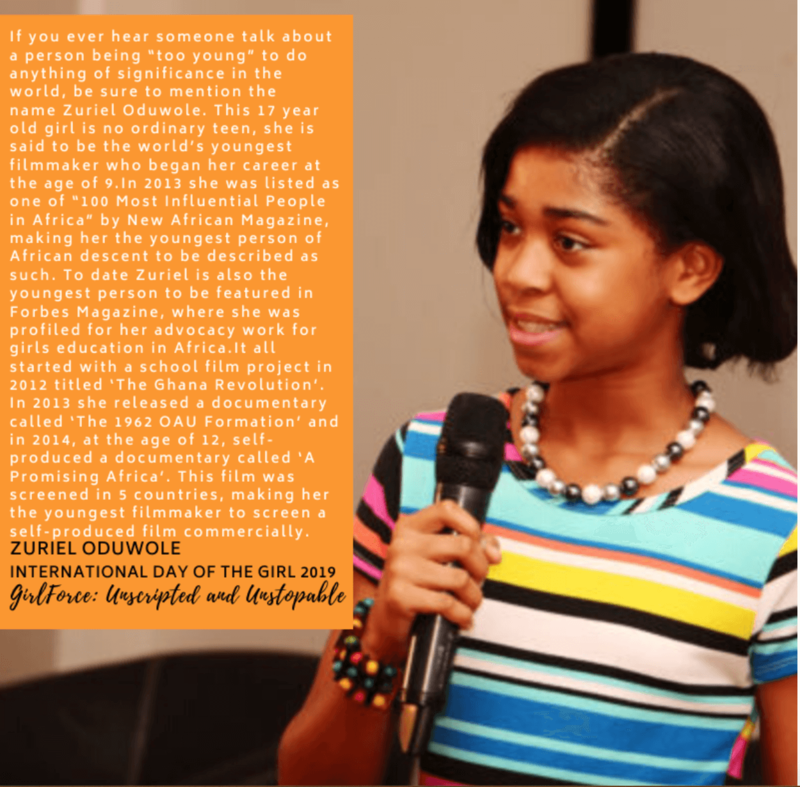
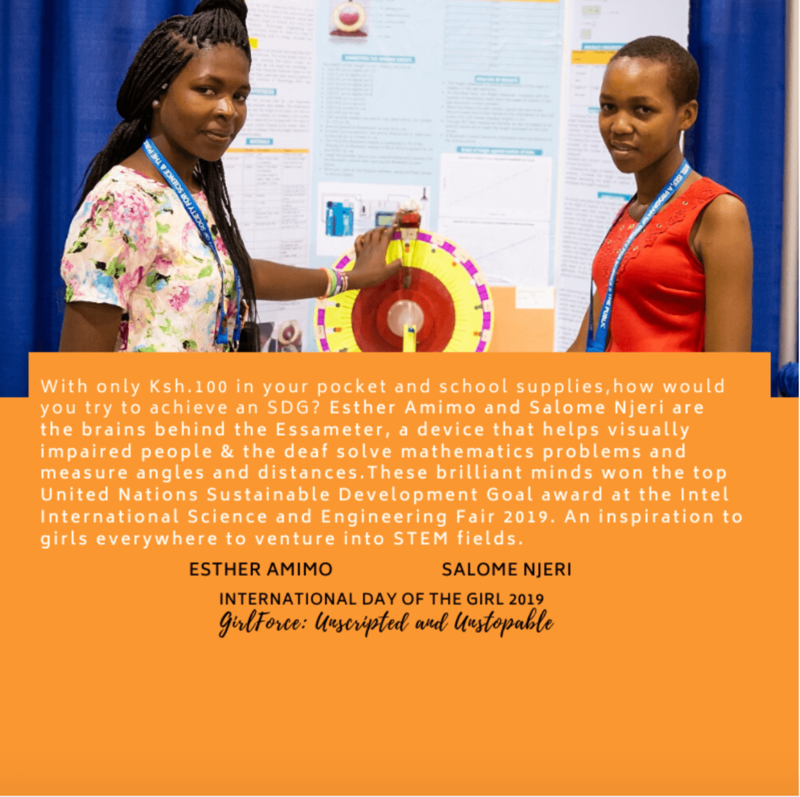
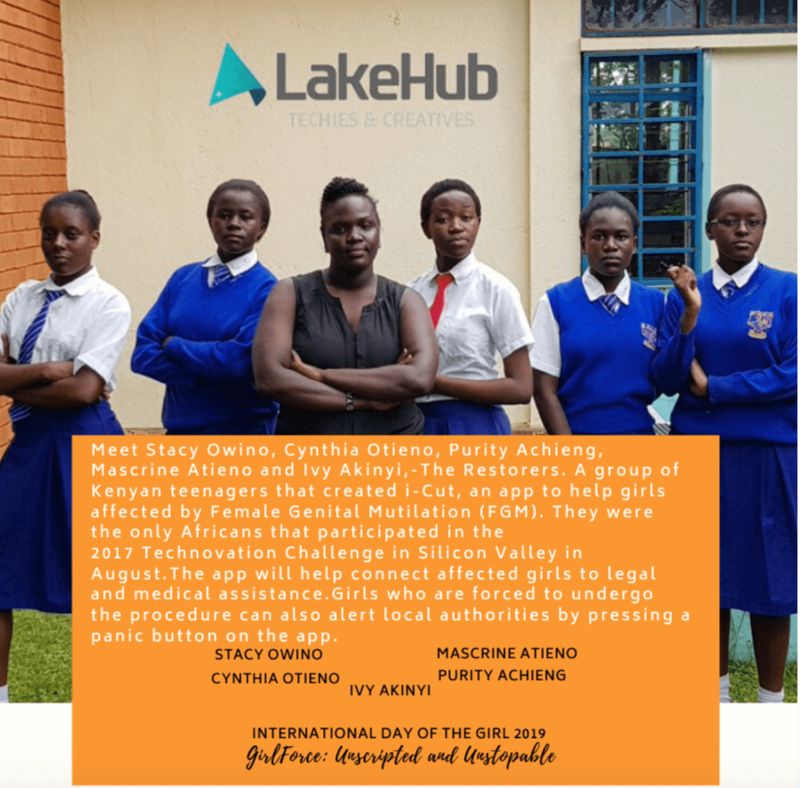
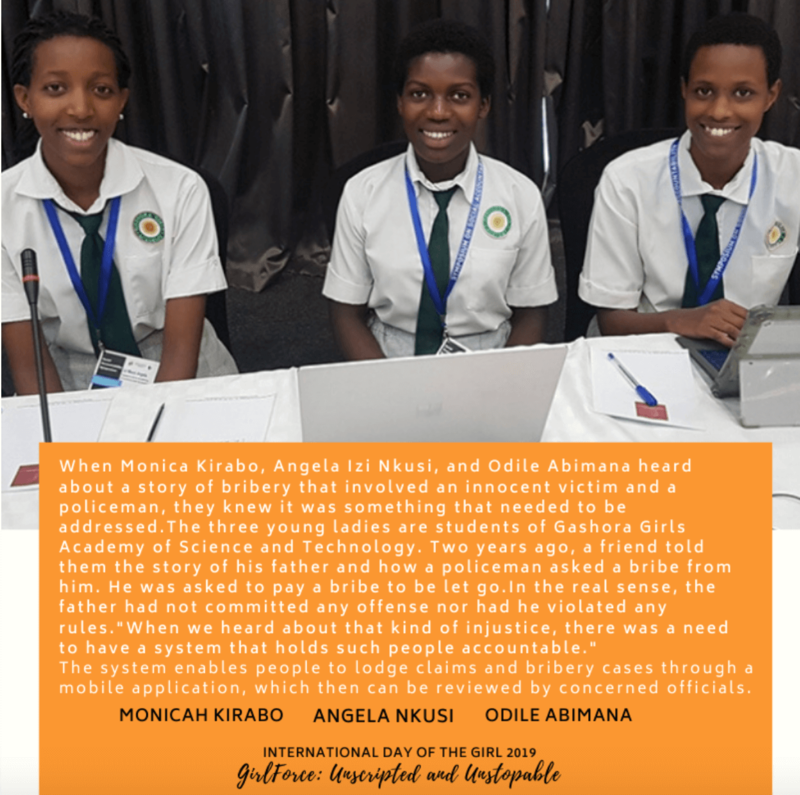
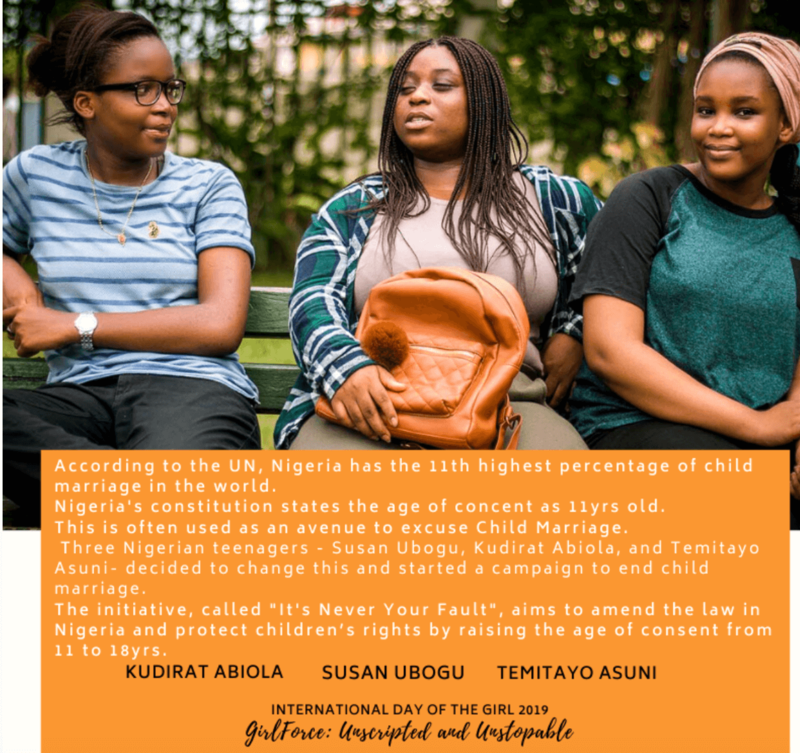
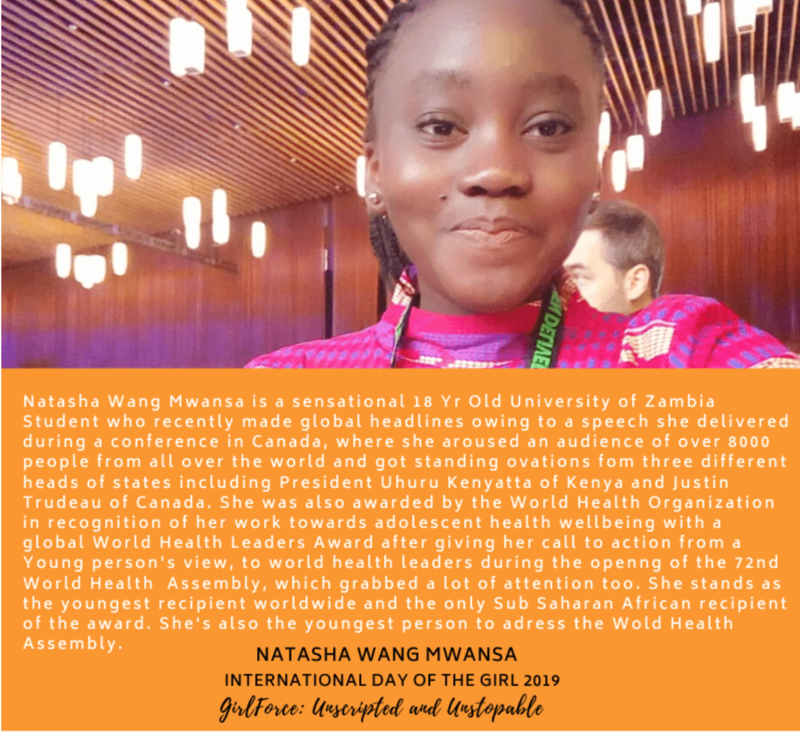
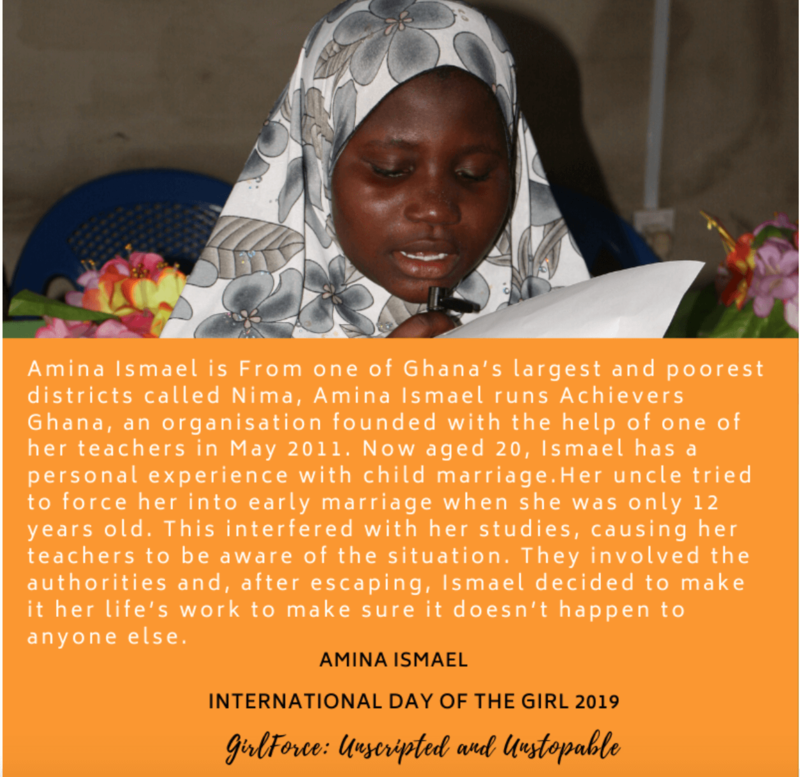


Right now, Akili Dada is here to remind you that girls can and should lead and should be positioned and included in the worldwide pursuit for green growth.
How? You ask.
Well, there are myriad of ways that this can be achieved. One being, the re-socialization of girls into sciences and the beauty of sciences. For starters, as small human beings let’s insist on girls being little explorers instead of confining them and limiting their capabilities of what they’re able to achieve simply because of gender. Let’s encourage the young girls who’d rather pick up a magnifying glass instead of a doll or who’d rather watch scientific experiments as opposed to Barbie - for this does not make them less than. Let girls explore.
Zeroing down to Kenya, the government has put up initiatives to go green. But these are minimal and not in the least bit enough. Realistically speaking, more research and planning needs in regards to sciences. Perhaps, opening schools that are science focused and equipped with the adequate resources to explore this field thus encouraging more young people especially girls to venture into sciences. Ensuring that the education system includes climate change and highlights what can be done to save the planet.
Having said that, teachers and parents and governing authorities, need not stand in the way of allowing girls to partake in this, there is a great responsibility that the older generation has to ensure that girls remained encouraged and empowered to pursue sciences and develop a love for it.
In due course, the seeds planted will sprout, the statistics will evolve, there will be more females enrolled in STEM-related courses which will lead to more females in STEM-related careers which will draw us closer to our goal of inclusive green growth, and in the end the world wins.
Written by Audrey Mugeni M., Young Changemakers Program Lead at Akili Dada. Follow us on instagram for more stories highlighting our inspiring innovators!
